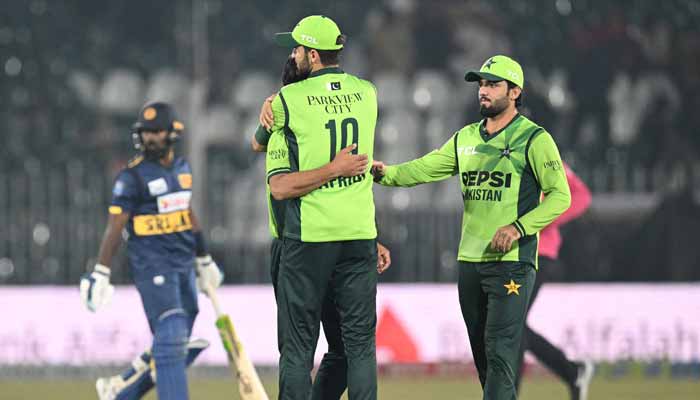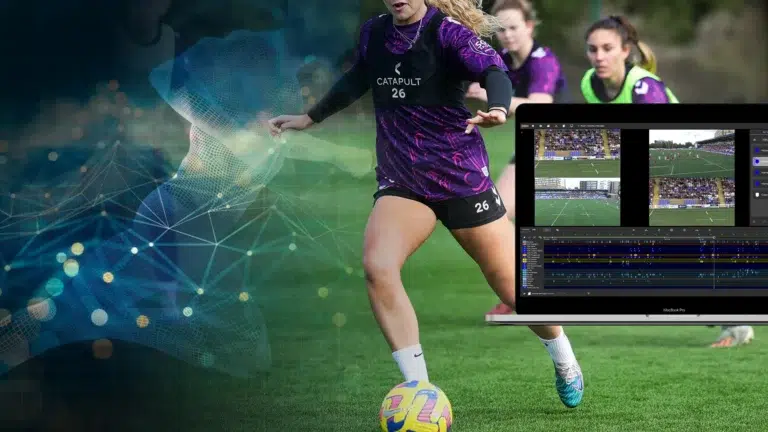Pierre de Coubertin was the founder of Modern Olympics.
Symbolic to date are the unity, excellence, and international cooperation that the modern Olympic Games evoke. There would not have been any modern Olympic Games if Pierre de Coubertin were not dreaming of the need for such games. He was the “father of the modern Olympics,” and it is for education, sports, and world peace that the world celebrates the modern Olympic Games. This essay will tell the story of his life, vision, and the modern Olympic Games legacy.
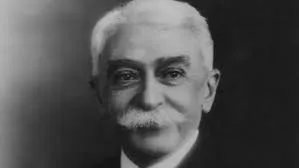
Life and Background
Pierre de Coubertin was born on January 1, 1863, in Paris, France. He was an aristocratic family that had a great interest in education and culture. He went for further studies in law and political science but later learned to education and sports. He took much inspiration from the British school system, especially the section of physical education in school as he perceived it, in schools such as the one in Rugby School.
He believed that sports were integrally important in building character and that could be a tool for creating international peace and understanding. Philosophical underpinning The underpinning of philosophy has its roots in ancient Greece, in the original Olympic Games, where sports involved more the excellence in physique and cultural exchange.
Restoring the Olympic Games
Late 19th century: Coubertin started building up his dream of the revivification of Olympic Games. He was thinking of an event in sports with an international tinge that cut above the political and cultural after-effect. In the year 1894, Coubertin issued a Congress at the Sorbonne in Paris, which saw him float an idea for the reinstatement of Olympic Games. He was very well received and in that meeting, in the form of secretary general, emerged the International Olympic Committee.
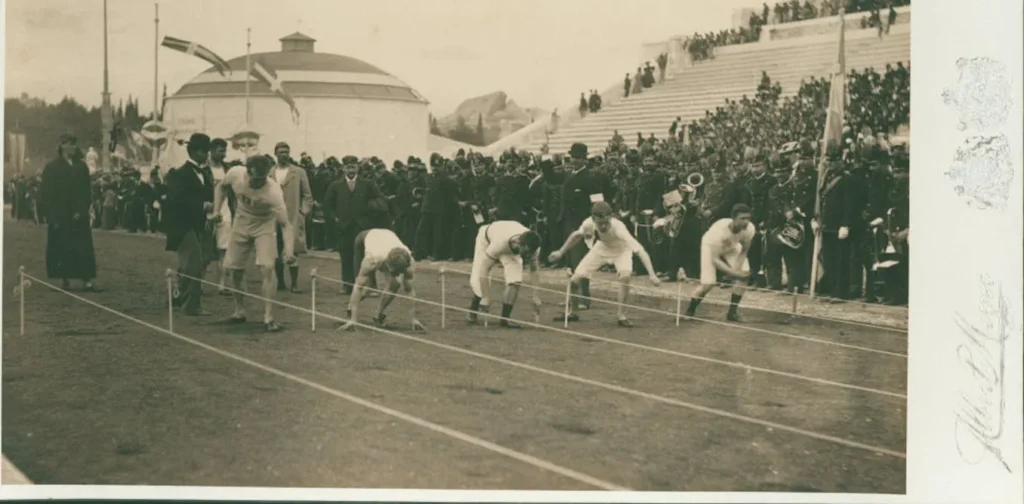
The first modern Olympic Games took place in Athens, Greece, in the year 1896 as a recognition to the founders from ancient times. In total, 14 countries with 241 athletes had the opportunity to participate at 43 events. Since then, this has opened the doorway to the current globalism.
Core Principles of Modern Olympics
Pierre de Coubertin considers it has been drawn farther beyond pure athletic contesting. He further emphasizes some of its main core concepts as follows;
Internationalism: It is seen merely as a way, or in which the sporting representatives of the whole world will stretch together in the hands due to peace and mutual appreciation of one another.
Amateurism: Initially, the concept that was laid down before everybody was that the athletes should be amateur in order for the purification of sporting competition remains unaffected.
Cultural Exchange: The Olympics were seen as an appreciation of the games, arts, education, and cultural understanding.
Fair Play: Coubertin always believed that fair play and sportsmanship defined the game.
Challenges and Success.
The challenges facing Coubertin in trying to achieve his vision were not a few in number. Financial, logistic, and resistance by traditionalists had several times appeared to kill the Games, but persistence eventually paid, and the Olympics began scaling and gaining prestige.
This was between 1896 and 1925, wherein Pierre de Coubertin, while being the president of IOC, took work in putting some foundational Olympic traditions into place; some of these include Olympic flag, oath of Olympics, and the motto “Citius, Altius, Fortius” or “Faster, Higher, Stronger”.
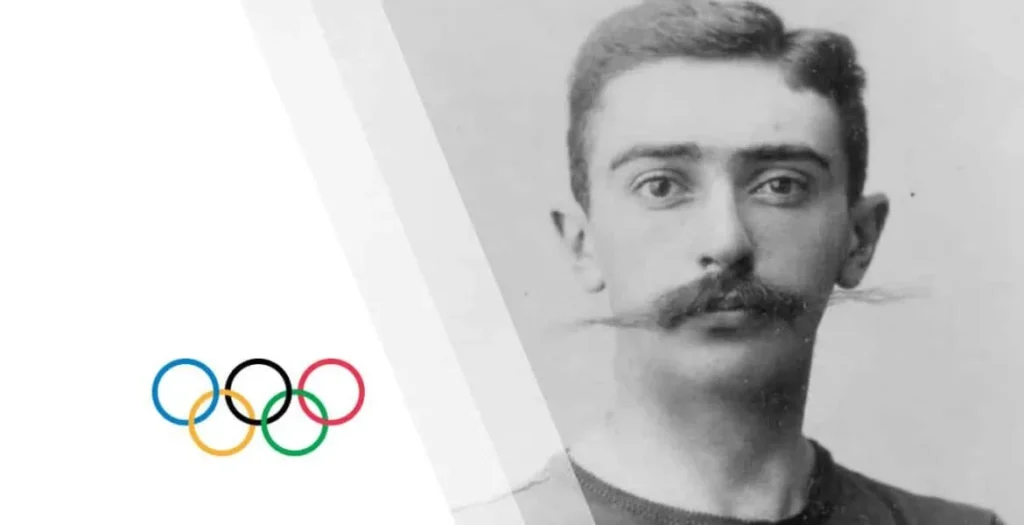
Legacy of Pierre de Coubertin
His efforts towards sport and international amity have never been equaled. Pierre de Coubertin died on 2nd September 1937, but his legacy will stay the same as it did for several years through Olympic Games. The Games today are the global event which attracts thousands of athletes from more than 200 countries, the spirit of excellence, friendship, and respect is promoted.
Even his dream gave spin-offs to the Paralympic Games, the Youth Olympics, and other regional games such as Asian Games. His philosophy as to how sports can come together still applies in today’s world so often segmented by wars and differences in culture.
FAQs About the Founder of Modern Olympics
1. Who was Pierre de Coubertin?
Pierre de Coubertin was a French educator and historian who founded the modern Olympic Games in 1896.
2. What inspired Coubertin to revive the Olympics?
He was inspired by the ancient Greek Olympics and the role of sports in character building and international peace.
3. When and where were the first modern Olympics?
The first modern Olympic Games were held in Athens, Greece, in 1896.
4. What were the fundamental principles for Coubertin’s Olympics?
His basic principles included internationalism, amateurism, cultural exchange, and fair play.
5. What is the legacy of Coubertin?
The legacy of Coubertin is Olympic Games as an event around the world for unifying, sportsmanship, and excellence.
The Modern Olympics testify to Pierre de Coubertin’s vision and commitment. Generations take inspiration from his spirit, which has proved that pursuit of excellence and unity knows no boundaries.

